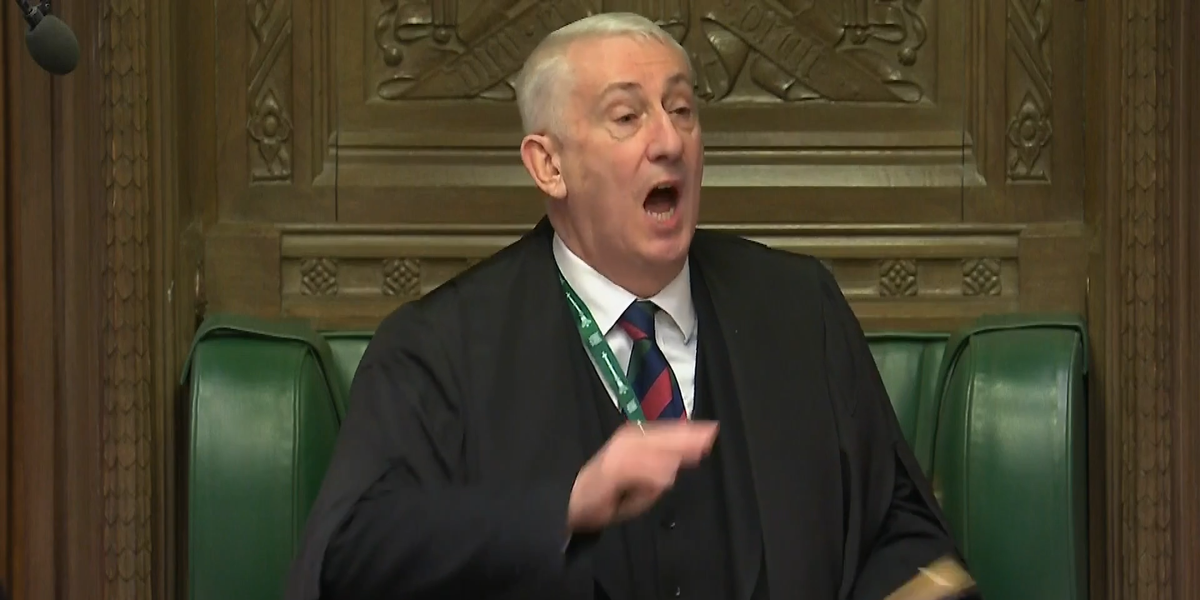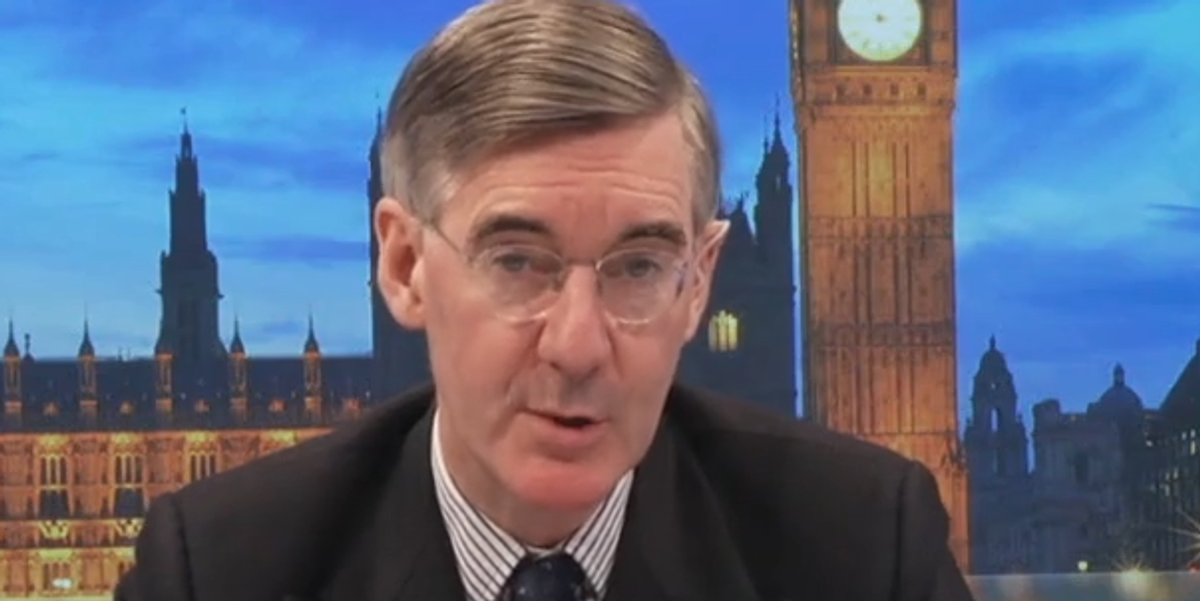“In a war of scale – not a limited intervention, but one similar to Ukraine – our army for example on the current casualty rates would be expended, as part of a broader multinational coalition, in six months to a year,” he added.
In a speech on reserves at the Royal United Services Institute defence think tank, external in London, Carns, the minister for veterans and people, said: “That doesn’t mean to say we need a bigger army, but it does mean we must be able to generate depth and mass rapidly in the event of a crisis.
“The reserves are critical, absolutely central, to that process.
“Without them we cannot generate mass, we cannot meet the plethora of defence tasks and challenges that we require, and we cannot seamlessly integrate the very best experts into the heart of our armed forces.”
Army reservists serve in their spare time, getting paid to train outside their main jobs.
Carns said the reality of wars such as the one being fought in Ukraine was that they were “attritional in nature”.
He also said the UK needed to “catch up with Nato allies” by placing a greater emphasis on its reserves.
A Ministry of Defence spokesperson said the UK’s armed forces were “amongst the best in the world and offer a 24/7 defence of the UK, operating alongside our allies and partners to prepare for any event”.
“The Strategic Defence Review will look at the threats we face and the capabilities we need so that our Armed Forces are better ready to fight, more integrated and more innovative,” they added.
“Our Reserves are an essential and extremely valued element of the Armed Forces and the contributions they make to our resilience and our ability to call on additional personnel when required are vital.”
Earlier, the prime minister’s official spokesman said the Budget had “invested billions of pounds into defence”.








